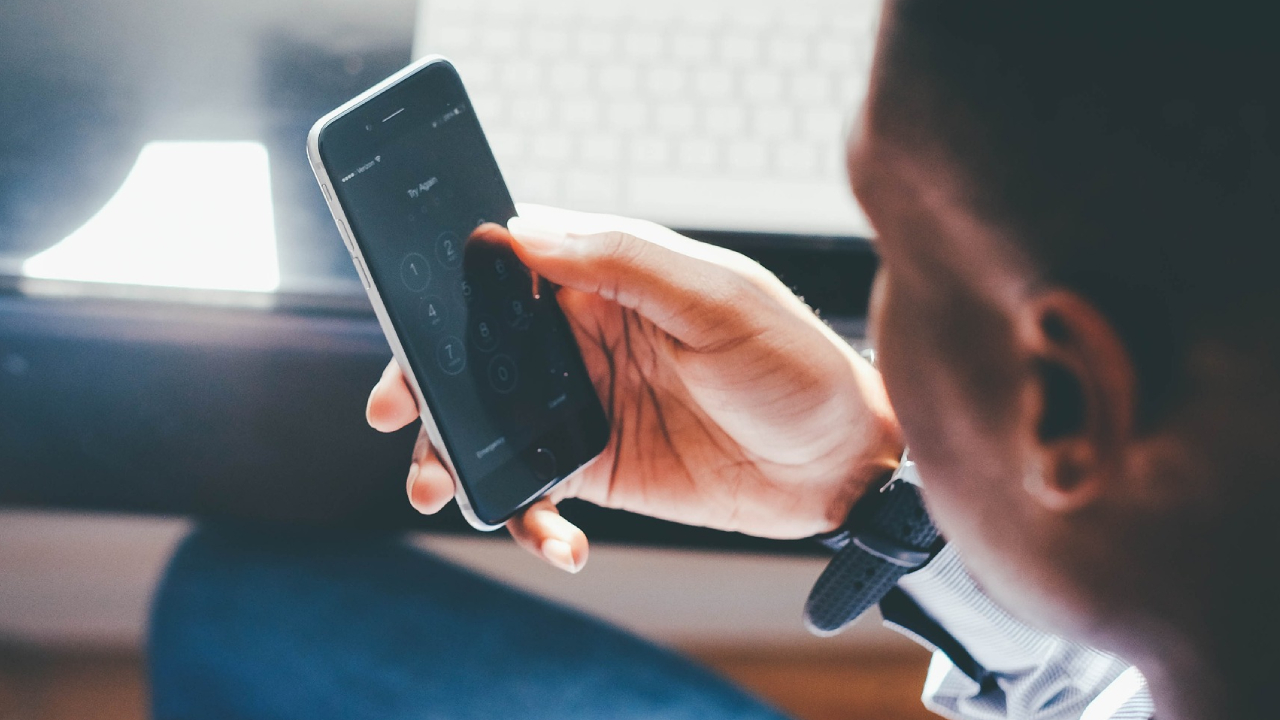- The Department of Communications and Digital Technologies (DCDT) has detailed a new plan to provide free basic internet data to South Africa in a gazette published this week.
- It says that the high cost of data has an adverse effect on poor communities in the country.
- The gazette does not detail who will fund the spectrum allocation or the free data it will be handing out.
Even as South Africans prepared to head to the polls this week, the government’s disparate departments continued working. One of which was the Department of Communications and Digital Technologies (DCDT) which issued a gazette this week detailing the government’s plan to give free data to South Africans.
Officially, the gazette covers policies under “Next generation radio frequency spectrum for economic development” and entails the use of electronic communications networks to “enable the socio-economic development of its citizens.”
You can read the full gazette here (PDF) and it details the government’s plan to use radio frequency spectrum from the Independent Communications Authority of South Africa (ICASA) to provide “basic access data” for communities across the country, especially communities in poor or disadvantaged areas.
The gazette says that access to the internet is a “basic need for all”, but South Africa’s expensive mobile data hampers the poorest of citizens from having that basic need. “The high cost of access ‘data’ will continue to have an adverse effect on (a) above, which has the likelihood of affecting poor communities,” it reads.
The Thomson Reuters Foundation found that sub-Saharan Africa has the highest mobile data costs in the world, but despite the high cost of data, Africans enjoy a wide rate of smartphone penetration, with 75 percent of the population expected to have a smartphone by 2025.
Smartphones are becoming cheaper and easier to get, thanks to affordable models being shipped across Africa from manufacturers in China and local carriers offering discounted contracts, but data costs are still sky-high.
And while young Africans are increasingly going digital to work and run businesses, these high costs will start becoming more and more of a barrier. This is why Communications Minister Mondli Gungubele is looking to provide citizens with a “monthly allocation of free basic data.”
The Minister is now working on a regulatory framework to determine just how much data households may get, in conjunction with ICASA.
Gungubele is also looking at new powers to reserve spectrum from ICASA to launch more community wireless local area networks (WLAN), which is part of the government’s wider initiative to connect 1.5 million households to the internet.
As of April this year, the Department of Communications and Digital Tech says it has connected over 750 000, with the latest set of connections established in rural Limpopo.
The one thing the gazette is missing is details on who or what will pay for the free data it is going to be giving out. The department itself says that spectrum is a finite resource. Data is not free, and someone will have to pay for it somewhere.
In 2022, Vodacom coughed up over R5 billion for a piece of ICASA’s spectrum, what will the government have to pay ICASA to portion spectrum for free data giveaways and community broadband initiatives?
This is the same issue that plagues the government’s NHI bill, that while the bill addresses a real problem in South Africa, it does not find a down-to-earth solution for the problem. Like the NHI, taxpayers will likely get squeezed further for the free data allocations.
[Image – CC 0 Foundry Co on Pixabay]

